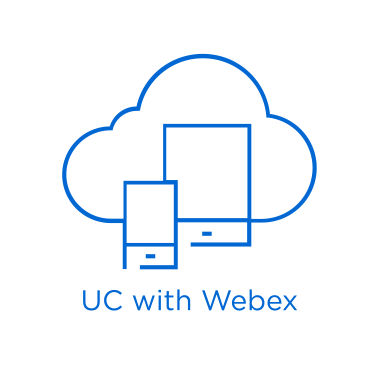What is a SIP call?
- A SIP call uses Session Initiation Protocol standards to enable Voice over Internet Protocol (VoIP) telephony, transmitting phone calls as data over the Internet.
- A SIP call uses a virtual connection to route traffic from one phone to another, while traditional PRI calls are routed over a physical connection.
As enterprises seek tools to improve communication and collaboration, more businesses are choosing SIP trunking to enable phone calls over the Internet. But what is a SIP call exactly, and what benefits does it provide an organization? Here’s a brief primer on “What is a SIP call?” that offers some answers.
What is a SIP call?
SIP stands for Session Initiation Protocol, a technology standard for transmitting voice, video, messaging and other communications applications between two points on a data network.
What is a SIP call vs. a PRI call?
A SIP call provides a virtual connection, routing calls as data over the Internet. A PRI call uses Primary Rate Interface technology to transmit calls as electrical signals over a traditional, physical copper wire connection, usually a T-1 line in the U.S. A PRI line can accommodate only 23 phone calls simultaneously, which means larger enterprises must install multiple PRI lines at a higher cost. A SIP system can accommodate any number of lines and users – to add or remove lines, a company needs only to contact its SIP provider to adjust the number of lines or to upgrade a hosted service subscription.
What is a SIP call’s most significant benefit?
As a data-based telephony technology, a SIP call can include Unified Communications features such as instant messaging, presence, desktop sharing, video calling and web collaboration.
What is a SIP call’s biggest drawback?
Because data for a SIP call is routed over the Internet, it must compete for bandwidth with other applications. Also, because a SIP call is based on sending and receiving data packets during an Internet outage, employees will be unable to make a SIP call.
What is a SIP call like for Quality of Service?
A SIP call may be impacted by packet loss, jitter or network interference, degrading Quality of Service. Companies can improve QoS by routing SIP traffic over a dedicated, fiber Internet connection.
What is a SIP call like for reliability?
When using fiber optic connections that are resistant to the types of damage that can impact a PRI line, a SIP call can be highly reliable. Multiple route failover can also help to provide redundancy during loss of data connectivity.

